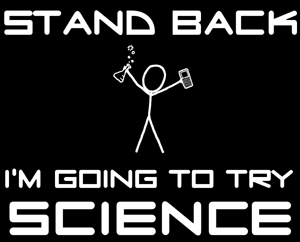20XII
Forum Ride Along
- 2
- 0
- 0
So today in my EMT-B class our instructor showed us this crazy video. We have a couple local casinos and this larger gentleman about 6'2" 320 lbs just coded right in front of the tables. Of course, being a casino, there were tons of cameras. So you see this guy just faceplant and about 30 seconds later one of the EMR's on sight ran over, checked for a pulse (obviously no pulse), and started doing CPR and somehow without using an AED this guy just came back. I will try to get a copy of the video next time I am in class to post on here. It was pretty miraculous.

